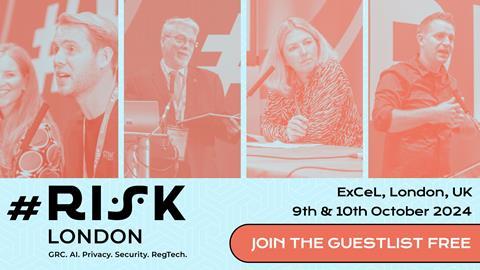In our rapidly digitising business world, sustainability has become integral to healthy innovation.

The evolution is characterised by action taken by major multinationals, such as Microsoft, which recently announced substantial investments in cloud computing and AI infrastructure across Japan, Australia, Canada, the UK, Germany, and Spain, and fresh commitment to digital upskilling and AI training in each country.
At the recent Datacloud Global Congress 2024, Noelle Walsh, CVP of Cloud Operations and Innovation at Microsoft underlined how the data centre industry is leading the AI revolution, with Microsoft experiencing phenomenal growth, accelerated by the COVID-19 pandemic and the advent of AI technologies.
Describing how AI will significantly transform personal and professional lives, Walsh said:
“Facebook took four years to grow substantially, while ChatGPT reached 100 million users in just a matter of months.”
Increasing reliance on data centre technology throws the subjects of energy consumption and sustainability into sharp relief. Microsoft’s response has been to set the goal of becoming carbon-negative by 2030, a measure that should see data centres turned into sustainable hubs powered by renewable energy and advanced technologies, which in turn will support local communities and economies.
“The demand is enormous, requiring us to rethink scale and pace,” Walsh explained. “We’re committed to 100% renewable energy by 2025.”
“Global connectivity cannot be at the expense of the planet. It must be sustainable,” Walsh emphasised.
To address increased water usage, which has surged by over 80% since 2020, Microsoft has introduced several environmental initiatives to replenish supplies.
Know the risks
As the tech industry faces growing scrutiny over energy consumption and carbon footprints, new commitments to sustainability set a vital example for balancing progress with doing the right thing for global wellbeing.
The issues are examined in depth this October at #RISK London, where industry leaders explore the importance of dovetailing AI innovation with business strategies that prioritise ethics and sustainability.
#RISK London 2024
We’re excited to share that #RISK is back in London for its third consecutive year, ready to equip attendees like you with the knowledge, insights, and connections crucial for navigating today’s dynamic risk landscape.
Key #RISK London sessions include:
The Convergence of GRC and ESG: Building a Sustainable Future
Theatre: GRC
This session will explore the growing importance of Environmental, Social, and Governance (ESG) factors in risk management strategies.
It will address the need to integrate ESG considerations into GRC frameworks, allowing companies to identify and mitigate ESG-related risks while seizing opportunities for sustainable growth.
Climate Change Risk: Building a Sustainable and Resilient Business Model
This session explores the increasing prominence of ESG factors in risk management.
Experts will discuss the potential impact of climate change on businesses, including supply chain disruption, regulatory changes, and reputational risks. Additionally, they will explore strategies for building a sustainable and resilient business model.
These are just two of the exclusive sessions taking place at #RISK London this October
Click here to see the full agenda
Discover more at #RISK London
Taking place October 9 and 10 at London’s ExCel, #RISK London brings high-profile subject-matter experts together for a series of keynotes, engaging panel debates and presentations across four separate theatres:
• GRC Theatre
• RegTech Theatre
• PrivSec Theatre
• Risk Theatre
Each theatre is dedicated to examining the challenges and opportunities that businesses face in times of unprecedented change.
By breaking down silos and aligning systems and workflows, organisations can streamline decision-making, improve efficiencies, and enhance the customer experience.
Attendees will be able to learn how to mitigate risks, reduce compliance breaches, and drive performance.
“#RISK is such an important event as it looks at the broad perspective. Risks are now more interconnected and the risk environment is bigger than ever before.”Michael Rasmussen, GRC Analyst & Pundit, GRC 20/20 Research
Click here to register for #RISK London today!























No comments yet